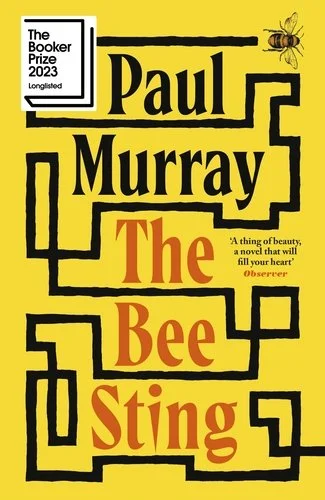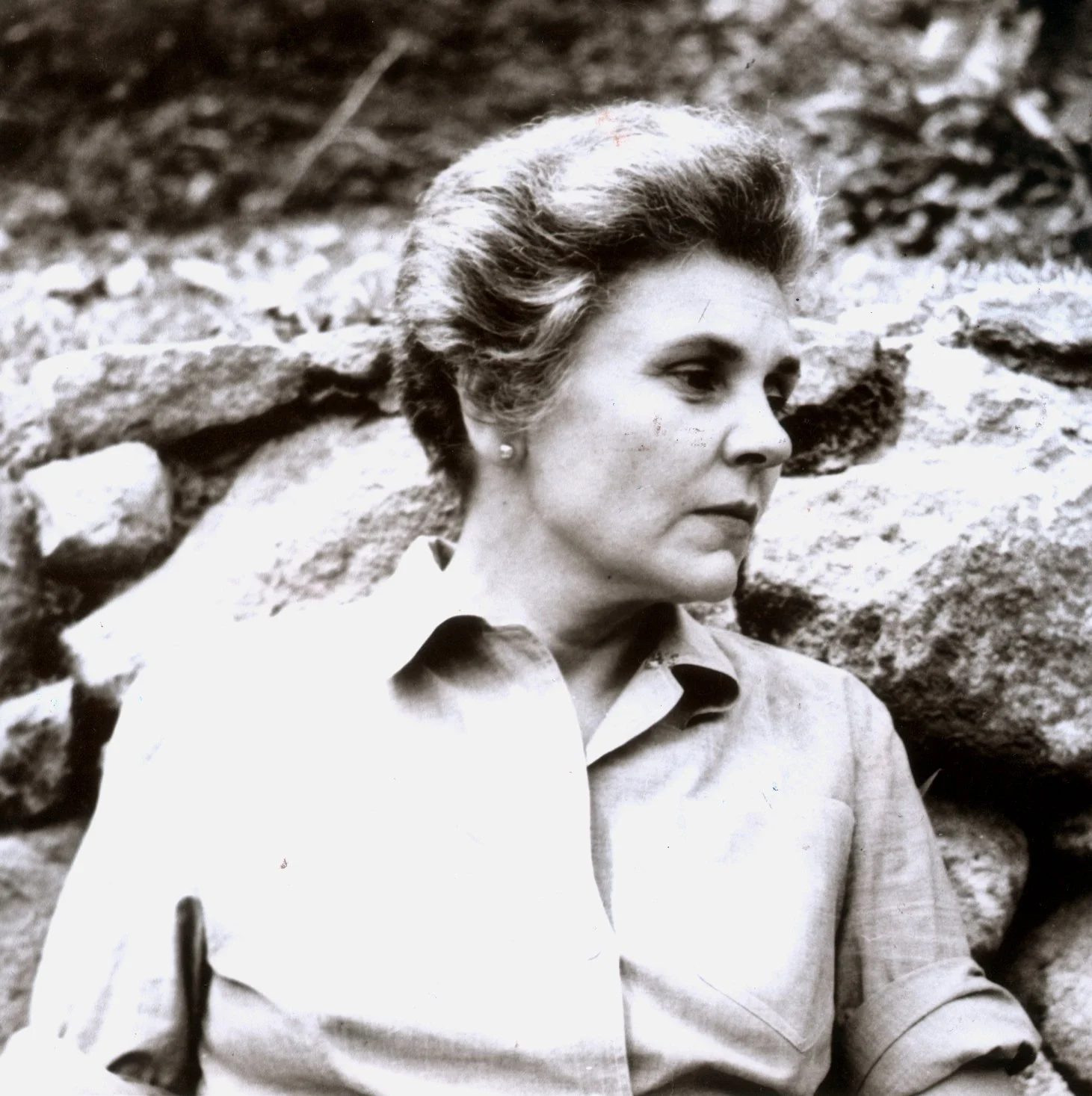Leaving Certificate English 2024: Paper 2
Here are my comments on yesterday’s Higher Level Paper 1. This post is also about Higher Level, since all our candidates sit the exam at that level. Here is the Ordinary Level paper.
My current Irish Times article about the Leaving Certificate, the English course and more.
This afternoon the English Leaving Certificate was wrapped up with Paper 2, the literature marathon that takes all of 3 hours and 20 minutes, and so is still not over as I write.
Our candidates, like most around the country, study Hamlet as their Single Text. They should have been pleased with a question on Gertrude, as long as they had prepared this character specifically as advised, and her relationship with her son. Sometimes all candidates see is the name of a character, but the whole question needed attention, including the ‘tail’ about what ‘core issues’ of the play are explored through the lens of the Gertrude-Hamlet relationship. The alternative question was on aspects of the play that might make it ‘surprisingly positive and hopeful’, which is straightforward to engage with as long as they have used their critical skills to take issue with the idea and write in a nuanced way.
As has been the case post-pandemic, all the comparative modes were asked on (will this become a permanent feature?). Literary Genre: a variety of techniques that make a relationship ‘believable’ (for our pupils, for example there is the Gar-S.B. relationship in Philadelphia, Here I Come! as shown by the Public/Private split), and manipulating the reader’s emotional response to the texts, which could be a slippery and tricky one for uncertain candidates.
Cultural Context: the level of freedom enjoyed by central characters, which should please our candidates, since we have looked at this idea, and the extent to which aspects of the context ‘nurture admirable values and attitudes’. To choose another of our texts, in Purple Hibiscus, they should disagree in relation to Kambili’s father Eugene, agree in terms of her aunt Ifeoma.
Theme: an ‘interesting interaction’ (a key moment, in other words) between characters which opens up insights about a theme at a ‘pivotal moment’, and quite a defined one on how human beings might be ‘selfless in their thoughts and actions’: my guess is that many would have hesitated to answer that.
The Unseen Poem was the clever and poignant ‘Building my Grandfather’ by Jonathan Edwards (the Welsh poet, not the triple-jumper) from his terrific collection My Family and Other Superheroes, winner of the 2014 Costa Prize, which sits on the shelf near me as I type. Plenty to get your teeth into, especially the skilful use of extended imagery.
Prescribed Poetry: the Yeats question on ‘powerful imagery’ which explores ‘fascinating contradictions’ was a bit dull. More imagery, this time ‘evocative’ in the question on Eiléan Ní Chuilleanáin (who we once were privileged to host on a reading-visit) and again quite a bland phrase ‘meaningful insights into the nature of life’. Emily Dickinson followed: the ‘complexity of a variety of abstract ideas in a concrete and accessible ideas’ (Dickinson of course by no means always writes about abstract ideas and often eschews them). The Sylvia Plath question had more imagery - this time ‘dramatic’ - revealing her to be ‘an insightful social commentator’, which might have thrown some (the question here seems to be driving candidates into a particular corner - one which is not necessarily comfortable and possibly limiting for Plath). Finally, Seamus Heaney: a very straightforward question about his deceptively simple style (hmm) and observations about people and places, ideas which we addressed during our own revision.
So, overall, this paper was fine, if not particularly stimulating: but the candidates have probably had enough stimulation and will have been content.



















Initial thoughts on the Draft Curriculum Specification for Leaving Certificate English (February 2025).